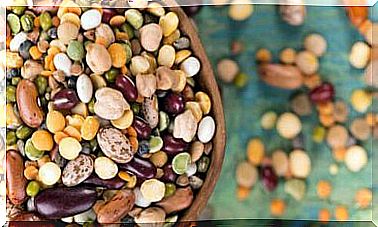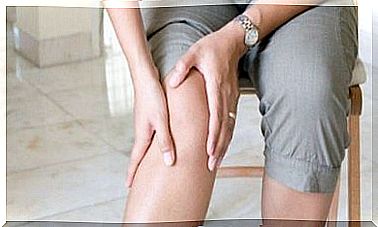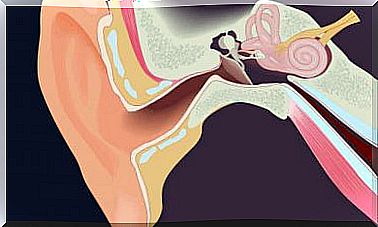Why Is Hydration So Important?
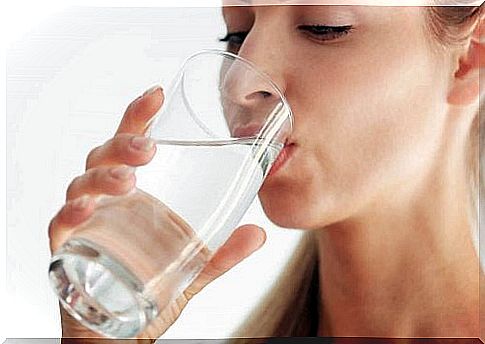
“I always forget to drink water”, “I don’t feel thirsty”, “I don’t like the taste of water”, “No thanks, I prefer soda”. If you’ve said any of these phrases more than once, this article is for you. We’ll explain why hydration is so important.
As we learned from an early age, around 65% to 75% of our body is made up of water. That’s why hydration is so important — to keep our health up to date.
Reasons why hydration is so important
Each day, your body loses fluid through sweat, urine, bowel movements and other bodily fluids. If you exercise regularly or it’s hot in your area, then extra care is needed.
Next, let’s talk about seven benefits of proper hydration:
1. Improves brain function
Drinking plenty of water allows your brain to work faster, sharpens your memory and improves your mood. Dehydration reduces cognitive abilities, attention, memory and the ability to concentrate.
If you want to increase your performance, avoid headaches, increase your skills and be better able to resolve conflicts quickly, keep your body hydrated. You will be more alert if you drink enough water.
2. Replenish important chemical elements in the body
Through sweating, especially during exercise, the body loses magnesium, potassium and sodium. If they are not replaced, you will experience fatigue, muscle fatigue, cramps and spasms.
Remember that water transports chemicals in organs, tissues and systems. If you don’t hydrate yourself, how will your body properly distribute all the necessary supplies?
3. Cleans the arteries
Better safe than sorry when it comes to health. If you drink enough fluids, you’ll keep your blood pressure steady and make it easier to get rid of waste from your cells.
Dehydration, on the other hand, can cause a drop in blood pressure and an increase in heart rate. If you want to avoid these problems, be sure to properly hydrate yourself.
4. Take care of body temperature
The organism is very intelligent. When the body heats up, water plays a key role through sweating, thanks to self-regulation mechanisms.
To balance the rise in temperature, the sweat glands secrete fluid that passes through the skin when the body begins to accumulate heat. If you don’t drink water, your income will be affected.
5. Maintaining hydration helps eliminate toxins
Drinking enough water helps eliminate impurities and substances that the body no longer needs. In addition, hydration makes the liver, the organ responsible for eliminating toxins, as well as the kidneys, to remain in good condition.
The importance of cultivating this habit is so fundamental that, in Japanese culture, it is normal to drink water on an empty stomach. This helps to detoxify the body and prevent heart disease.
6. Improves kidney function
Consuming enough water helps the kidneys to work properly. A good hydration allows you to eliminate waste through urine, which prevents diseases such as the famous kidney stones or “stones”.
If you have kidney problems, calcium won’t stick properly in your bones. Some of the possible consequences of this issue include:
- Increased risk of anemia and heart attacks.
- Accumulation of acid in the blood.
- For women, it can lead to menstruation imbalances.
7. Facilitates digestion and evacuation
If you suffer from constipation, drink more fluids! Deficient hydration slows down the digestive process and, consequently, delays the passage of feces through the intestinal tract.
Constipation occurs when the passage of solid waste through the large intestine occurs slowly. If the displacement takes longer than necessary, the stool will become hard and it will be difficult to evacuate. Avoid this problem by drinking more water.
How do I know if I’m dehydrated?
You already know the reasons why hydration is so important. Now, we also want you to learn to identify the signs of dehydration. If you’re not hydrating properly, your body will have some symptoms. Among them are:
- Extreme thirst or dryness in the mouth.
- Little desire to urinate or dark colored urine.
- Headaches or dizziness.
- Dryness and lack of elasticity in the skin.
- Drowsiness or a lot of fatigue.
- Absence of tears during crying.
- Overheating of the body.
- Constipation.
Important recommendations for maintaining hydration
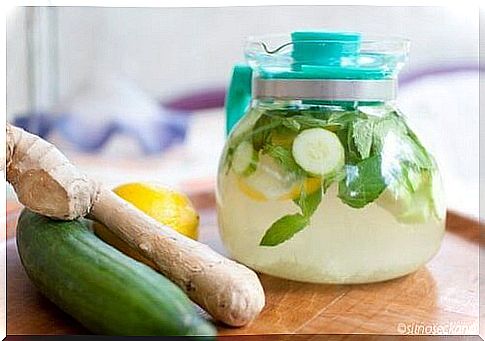
There are a few things you should know in order to get into the habit of drinking daily:
Avoid extremes: 2 liters of water a day are enough to guarantee the proper functioning of the body. Drinking more water than indicated can lead to other health problems.
- Create a schedule: if you have difficulty remembering to drink water, you can set alarms on your cell phone and set fixed times. Also, there are apps made to remind people to drink water.
- Take a bottle of water with you: make the bottle your faithful squire, your best friend. Get used to having at least one liter of water in your bag to drink throughout the day.
- Add a natural flavor: if you don’t like water, you can add a lemon wedge, mint or basil leaves, cucumber or apple slices… There are many ingredients that can be used to make delicious homemade flavored water.
- Add water to your exercise routine: if you play sports, hydrate yourself before, during and after each practice, but of course, no exaggerations!



